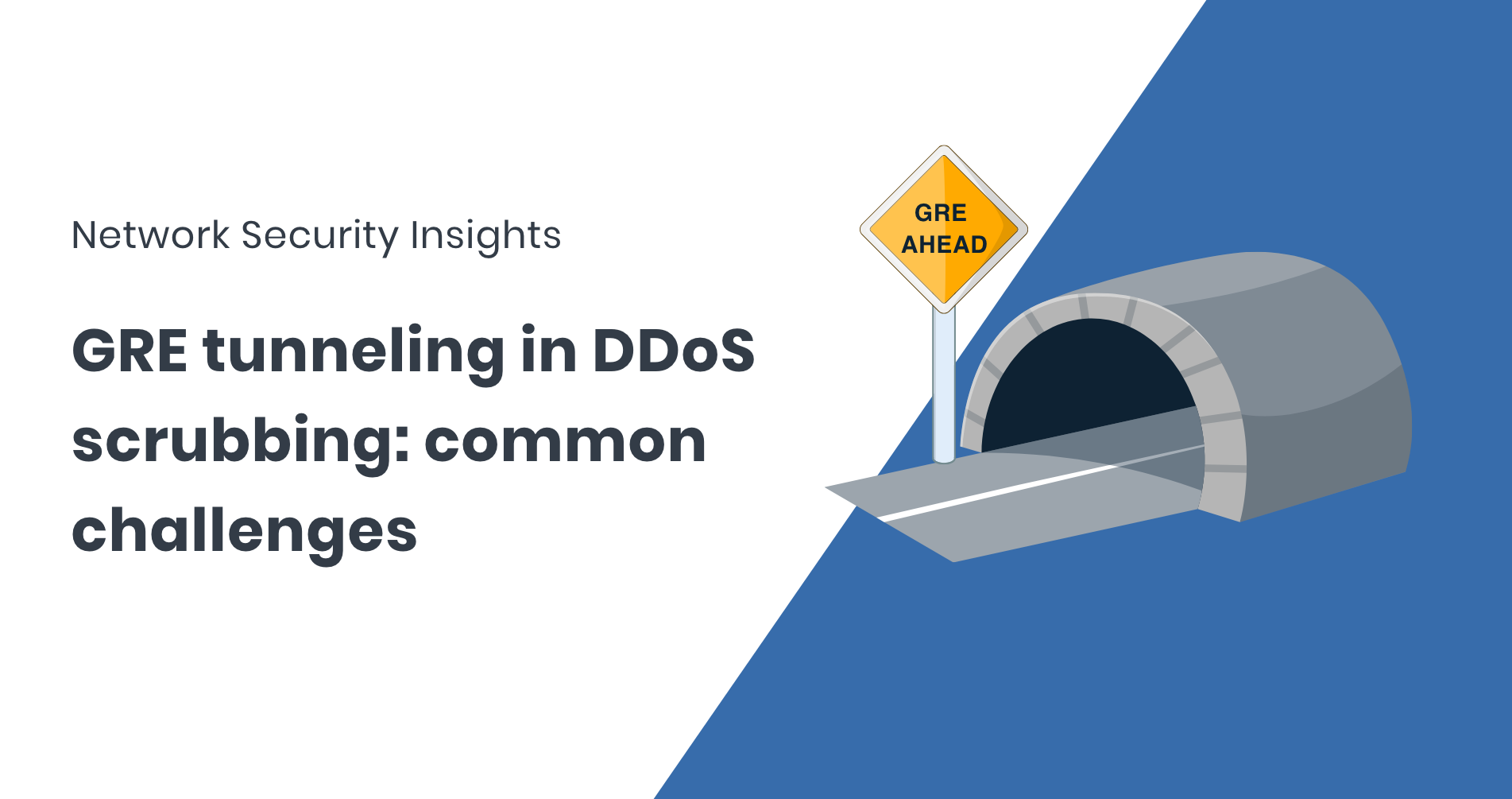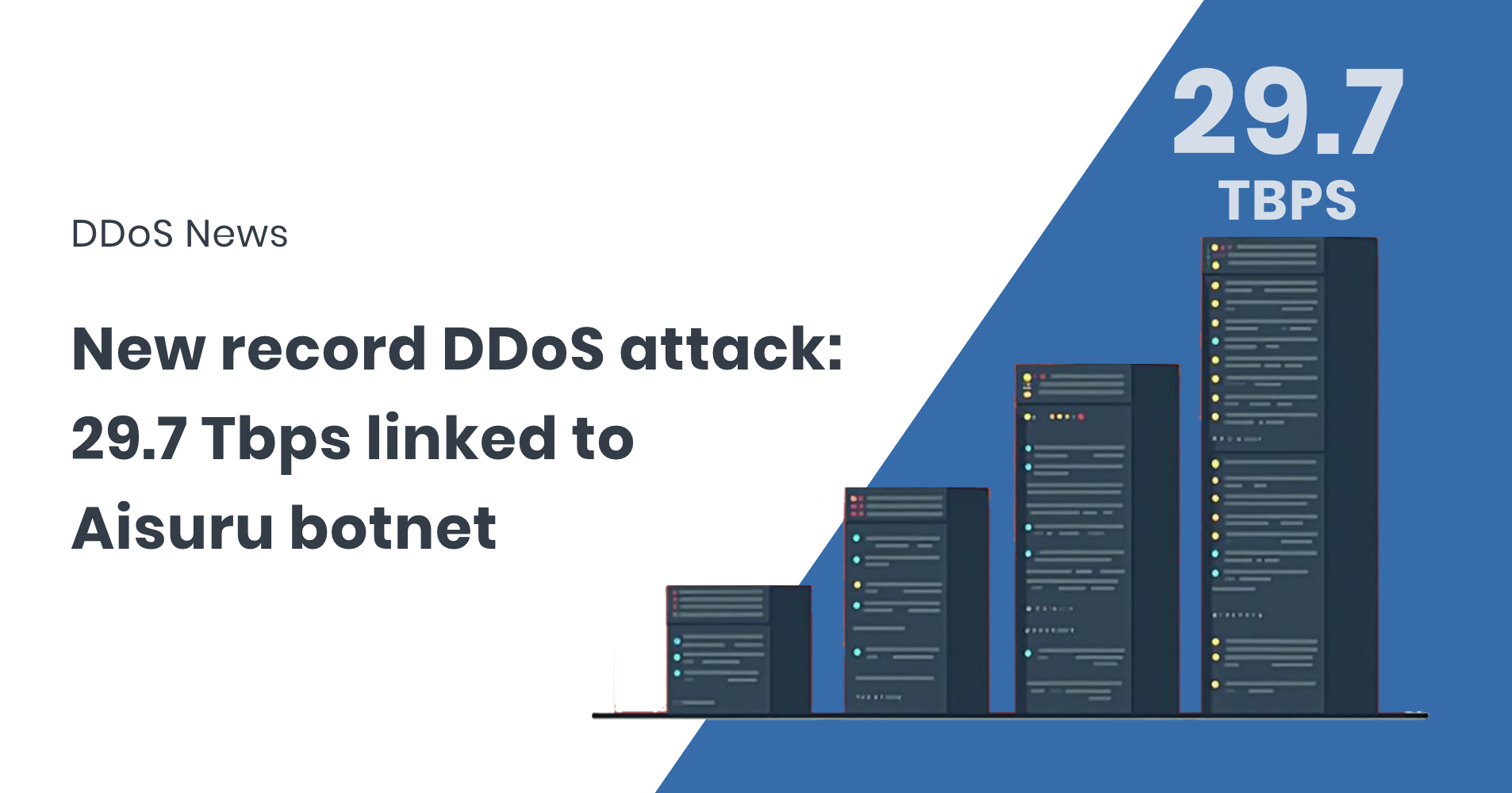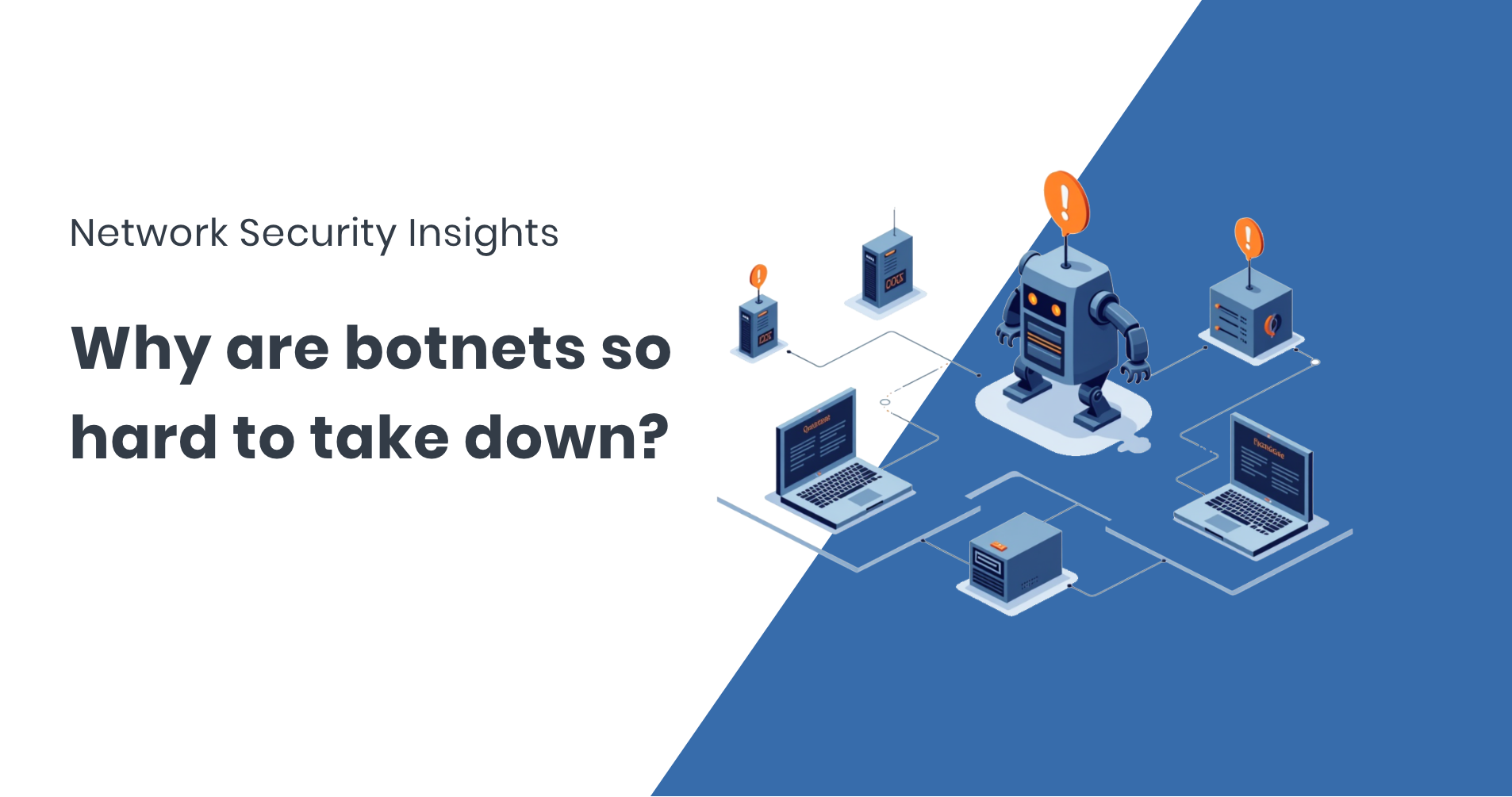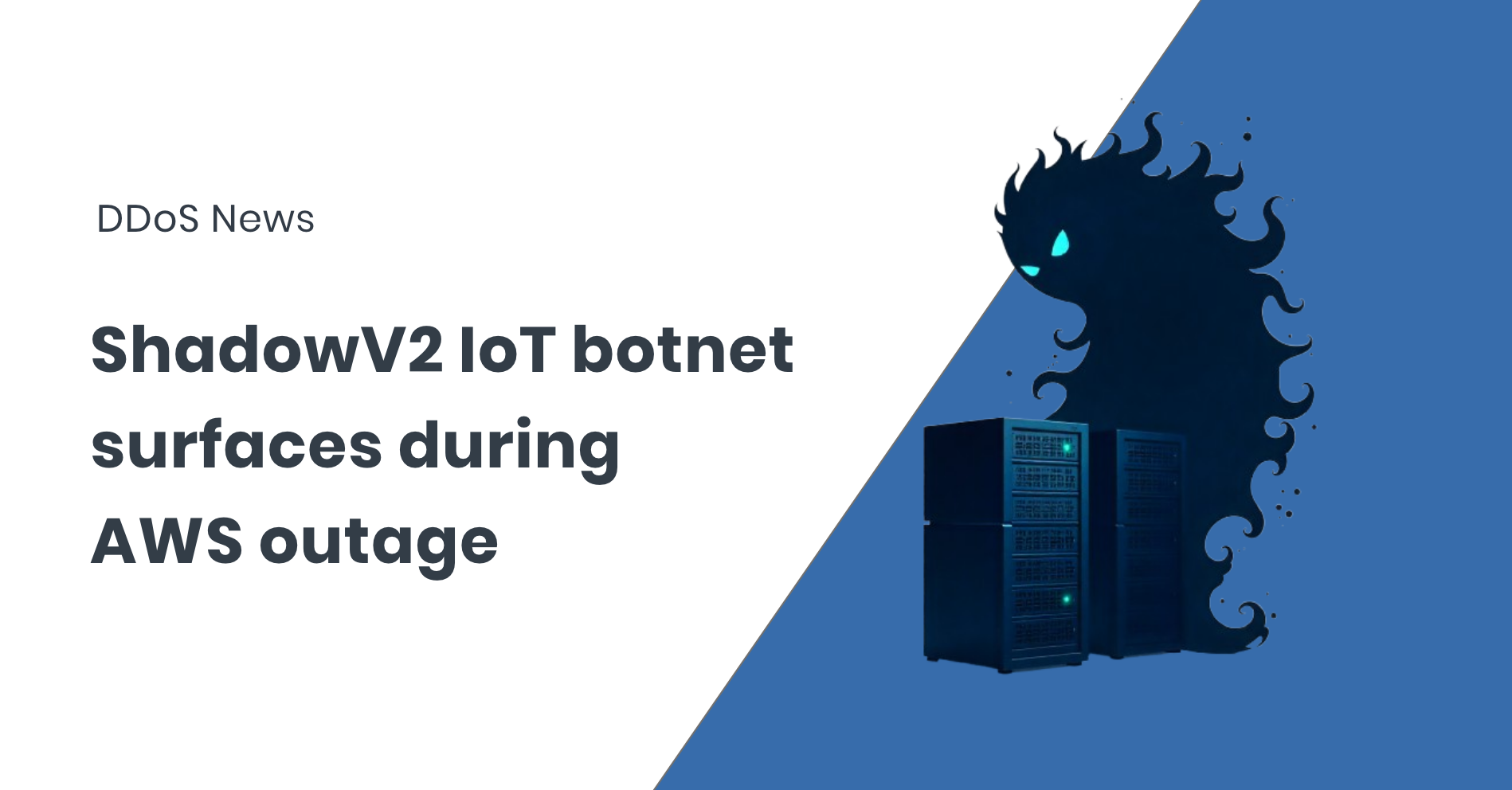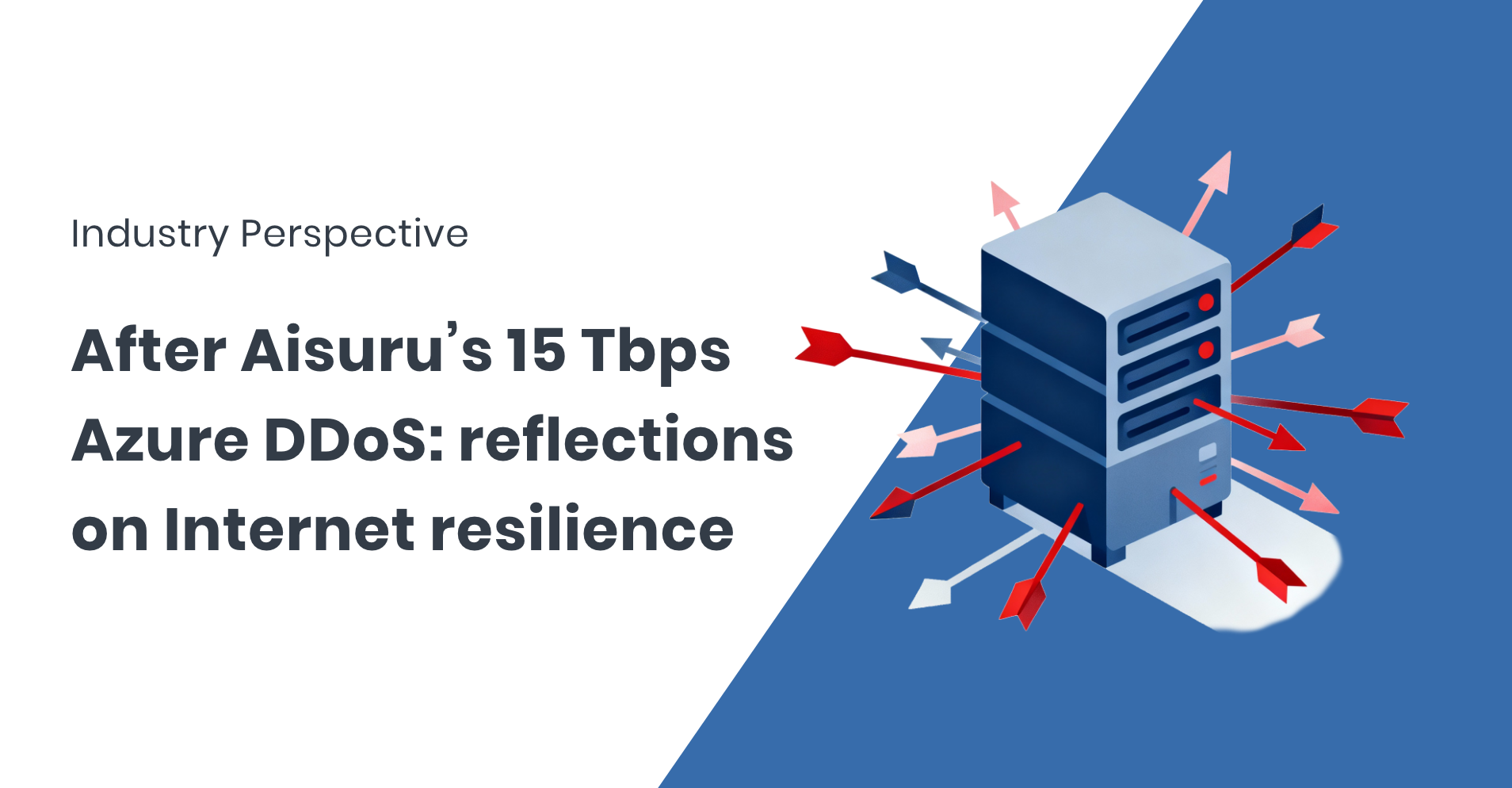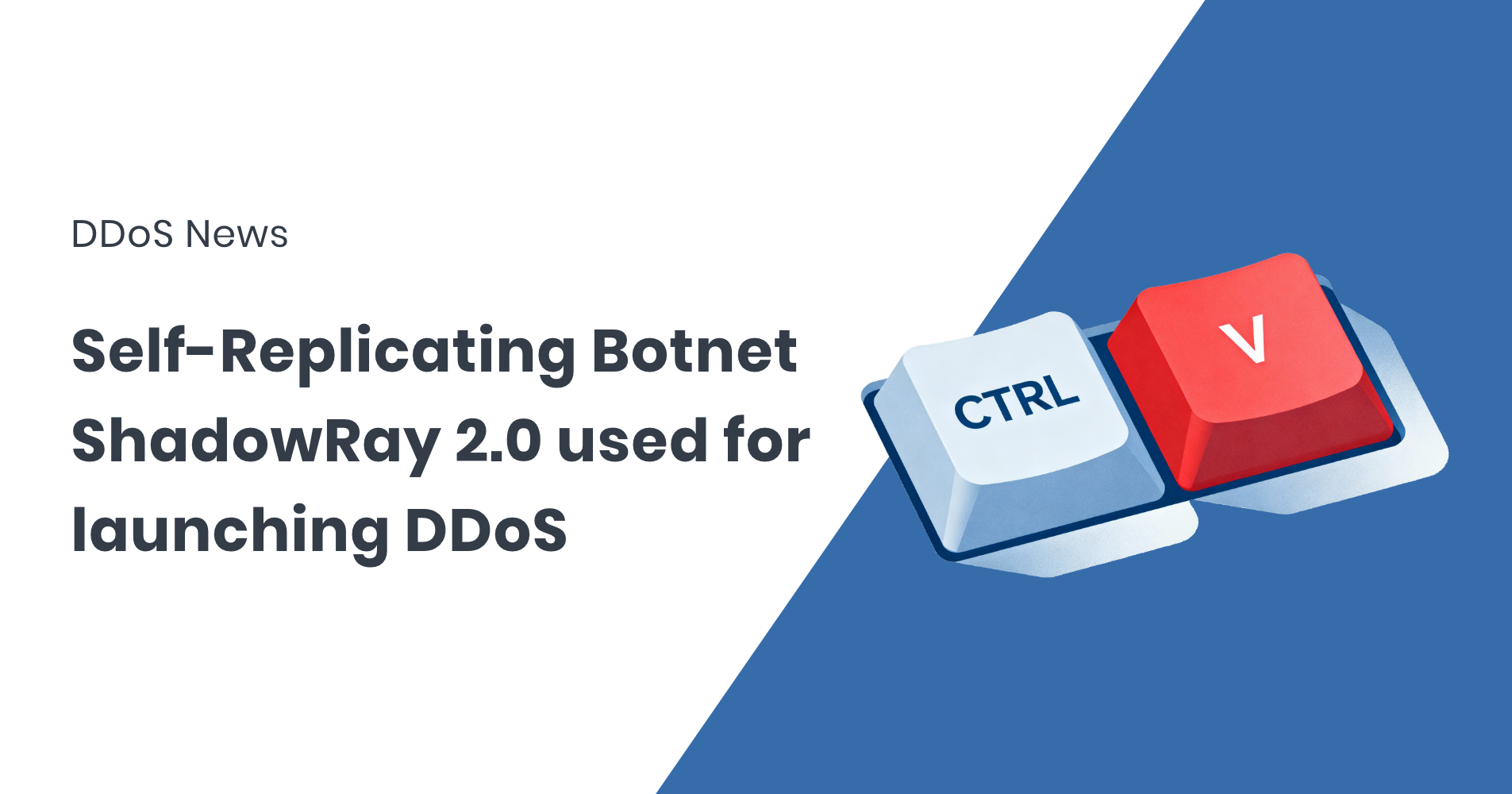CISA, together with the FBI, the Department of Energy, the EPA, and international partners, have issued a joint advisory highlighting ongoing DDoS and intrusion attacks targeting operational...
Blog
The good and the bad of GRE tunnels in DDoS scrubbing
One of the most common ways to protect a network from large volumetric DDoS attacks is to divert the malicious traffic to a scrubbing centre. These dedicated networks remove harmful packets and...
New record-breaking DDoS: 29.7 Tbps Aisuru attack marks new high in hyper-volumetric threats
DDoS news: December 4th 2025 A new world-record DDoS attack has been confirmed, peaking at 29.7 terabits per second (Tbps) and launched by the Aisuru botnet, a large DDoS-for-hire...
Why DDoS botnets are so hard to take down?
Every time law enforcement announces a major DDoS botnet operation, the Internet seems to exhale in relief. Servers are seized, operators arrested, domains pulled out from under them. For a moment,...
ShadowV2 resurfaces: IoT botnet activity amid AWS outage highlights persistent device vulnerabilities
During late October 2025, a new Mirai-derived botnet dubbed ShadowV2 was observed exploiting unpatched IoT devices across multiple sectors and 28 countries. While the activity lasted only...
Event Recap – LINX125
FastNetMon had the opportunity to attend LINX125 in London on 19–20 November 2025 as a guest, in the capacity of an ascending LINX member. It was a valuable chance for us to learn more about LINX,...
Aisuru isn’t done with DDoS — and the Azure attack shows why the industry isn’t ready
This week, Microsoft confirmed it had mitigated the largest DDoS attacks ever observed on Azure: a 15.72 Tbps, 3.64 Bpps barrage against a single public IP endpoint in Australia. The attack was...
US, UK and Australia sanction Russian hosting providers behind major ransomware and DDoS activity
The U.S. Department of the Treasury, together with the UK and Australia, has announced coordinated sanctions against a network of Russian “bulletproof” hosting providers (BPH) used to run ransomware...
ShadowRay 2.0: Self-replicating botnet turns Ray clusters into DDoS weapons
Researchers are tracking a self-replicating botnet campaign, ShadowRay 2.0, that is targeting internet-facing Ray clusters, the open-source distributed computing framework used to run AI...
DDoS trends in public administration – new data from ENISA report
The European Union’s cybersecurity agency, ENISA, has published a new sectorial threat landscape report and a press release showing that public administrations are increasingly targeted by...



